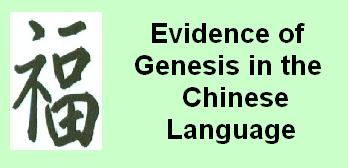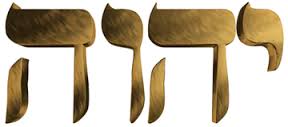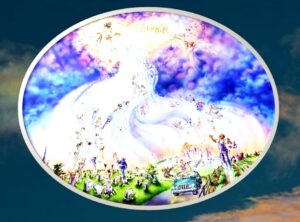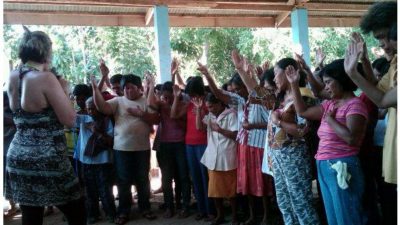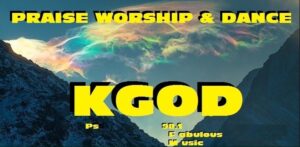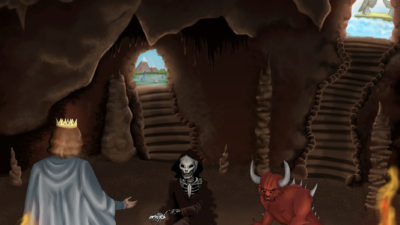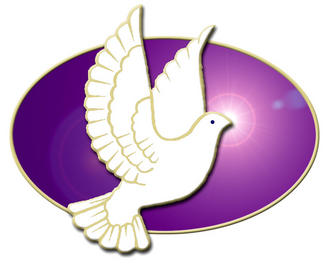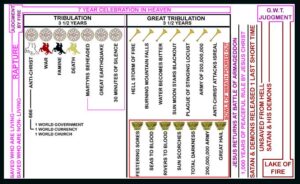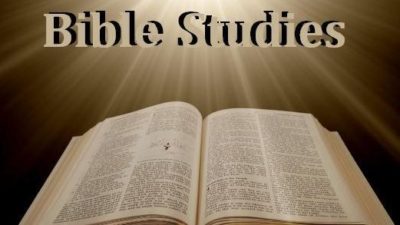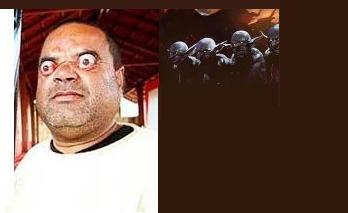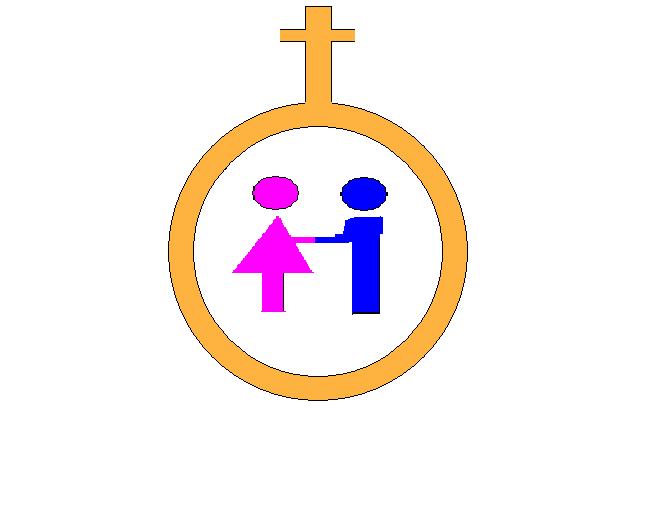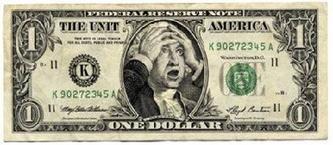Jesus was born in Bethlehem which in Hebrew means ‘house of bread’. He rightfully claimed to be the bread of Life (John 6:35). He told the people that their fathers ate a physical bread from heaven and died, this was a ‘type’ of Christ (John 6:49,50 Ex 16:15-18) and of course if they ate the spiritual bread they would not die.
Because the manna was a type of Christ, it first had to be beaten (Num 11:6-8, Ex 16:31) then put in the fire, before it could be eaten. It was like coriander (Hebrew-gad, from gadad; meaning gathered together) seed and bdellium (like white) color, small and white like the ‘hoar frost‘ (Hebrew-kephowr from kaphar; meaning to make atonement, cleanse, disannul, forgive, be merciful, pacify, pardon, purge or reconcile).
All this was a shadow of things to come (Col 2:17, Heb 8:5), like when Jesus said ‘And as Moses lifted up the serpent in the wilderness, even so must the son of man be lifted up’ (John 3:14/Num 21:9).
Before we could become born again spiritually (born once die twice, born twice die once) and eat of the ‘flesh’ of the Lord Jesus, he had to be beaten with stripes, go down to the fires of hell, take His precious blood to the altar in heaven, and give us His Spirit to commune with Him.
The bread represented cleansing. The Hebrew people ate manna for 40 years and were sustained by it. The blood represented atonement, healing and restoration. They would sacrifice innocent blood to atone for their sins.
And just like Jesus said that no one puts new wine in an old vessel (Luke 5:37,38), we first take the bread, the body of Christ to cleanse us, to make/keep our vessel pure, and then take the blood, the spirit of Christ and put it into a renewed soul. We do this in remembrance of what He has already done. We renew and keep afresh our mind of the liberating and healing power of the blood of Jesus. The broken body and blood of Jesus took away our sin and infirmities (Is 53:5). This covenant was made to proclaim the Lord’s death until he came back again (1Cor 11:26/Matt 26:26).
When we (pronoun) are eating (verb) and drinking (verb) worthily (adverb describing the verbs), on a continuing basis, discerning and appreciating what the Lord has done, we commune with Him in the physical (natural) as well as the spiritual. The apostles did this daily from house to house (Acts 2:42,46). Any other way brings judgement, weakness and sickness (1 Cor 11:28-30).
Example Communion Daily Prayer:
“Father, I thank you for this unleavened bread representing the body of Christ that took my sins, my cares, my worries and my diseases. And now Father I receive total healing for my spirit and my body in every organ, every function and every cell. I give you glory and praise for it.”
I thank you for the representation of the blood of Jesus. I realize that I’m holding the most powerful substance in the universe; that creates life eternally. I now receive your blood with a new infilling of life from your Spirit.”
When Jesus spoke to satan he quoted Deuteronomy three times. Referring to bread as manna (Deut 8:3) he told them; ‘Man shall not live by bread alone, but by every word (rhema) that proceeds out of the mouth of God.’ which we know as the Holy Spirit. We take this communion knowing the power of His blood that reconciled us to Him for an everlasting relationship that has already started before we were in the womb.

